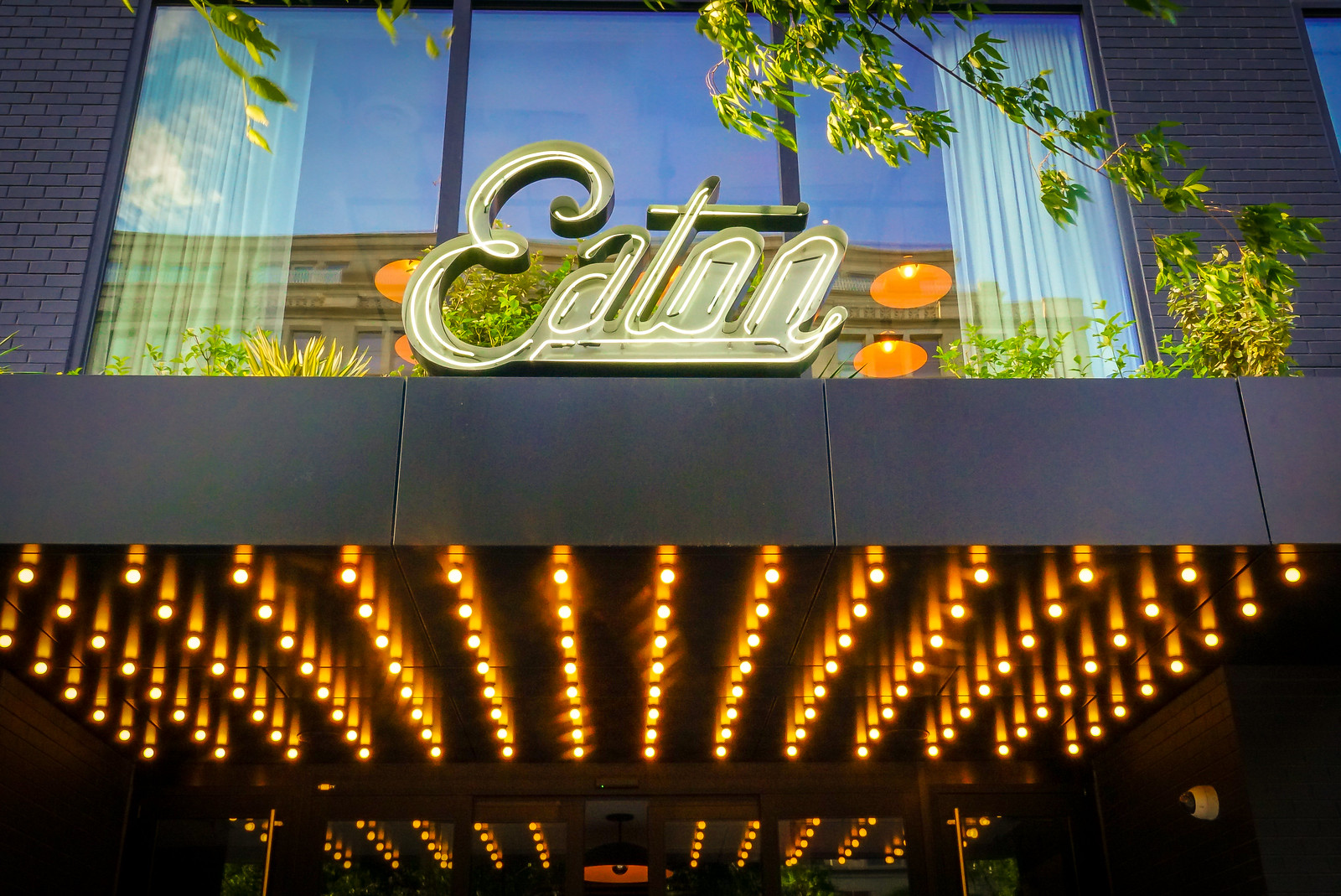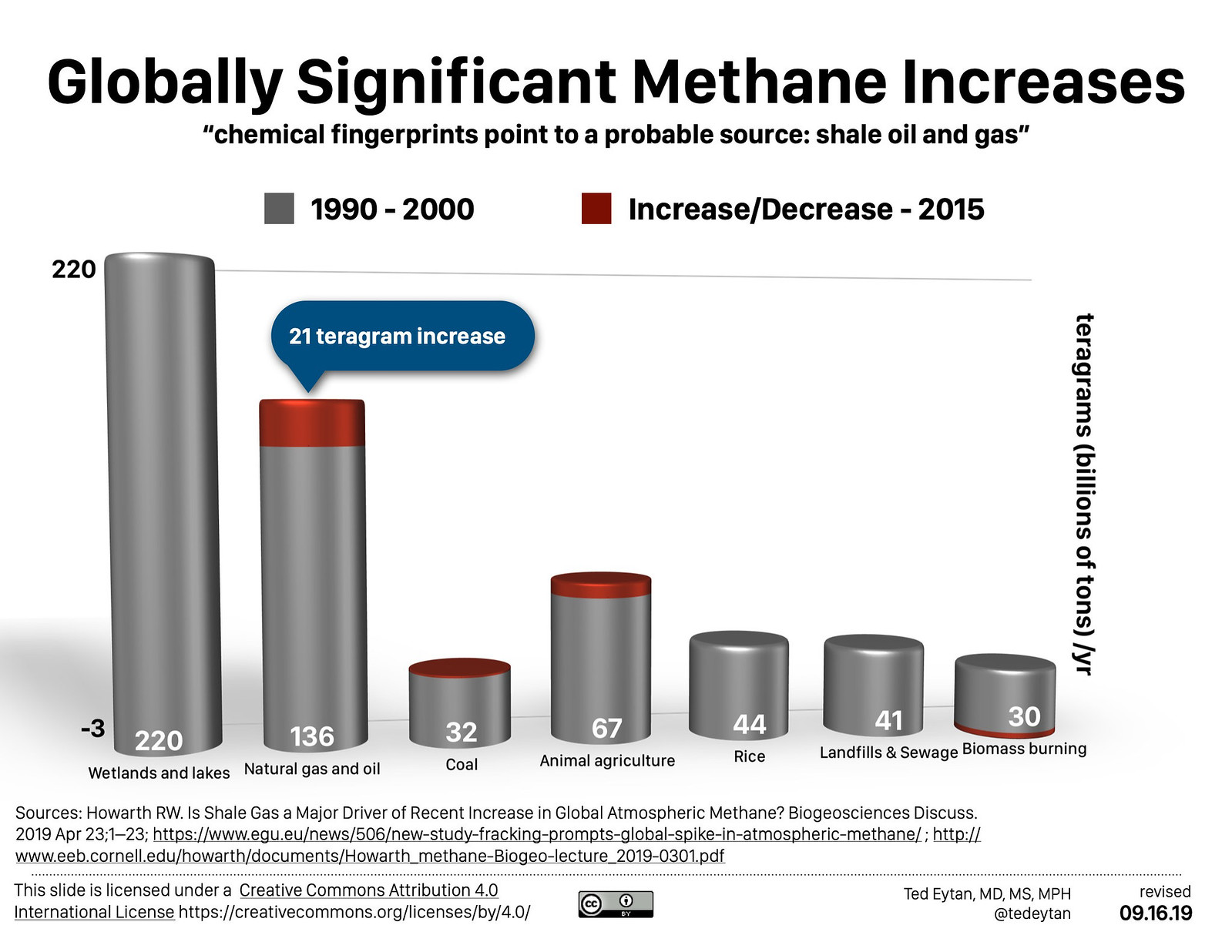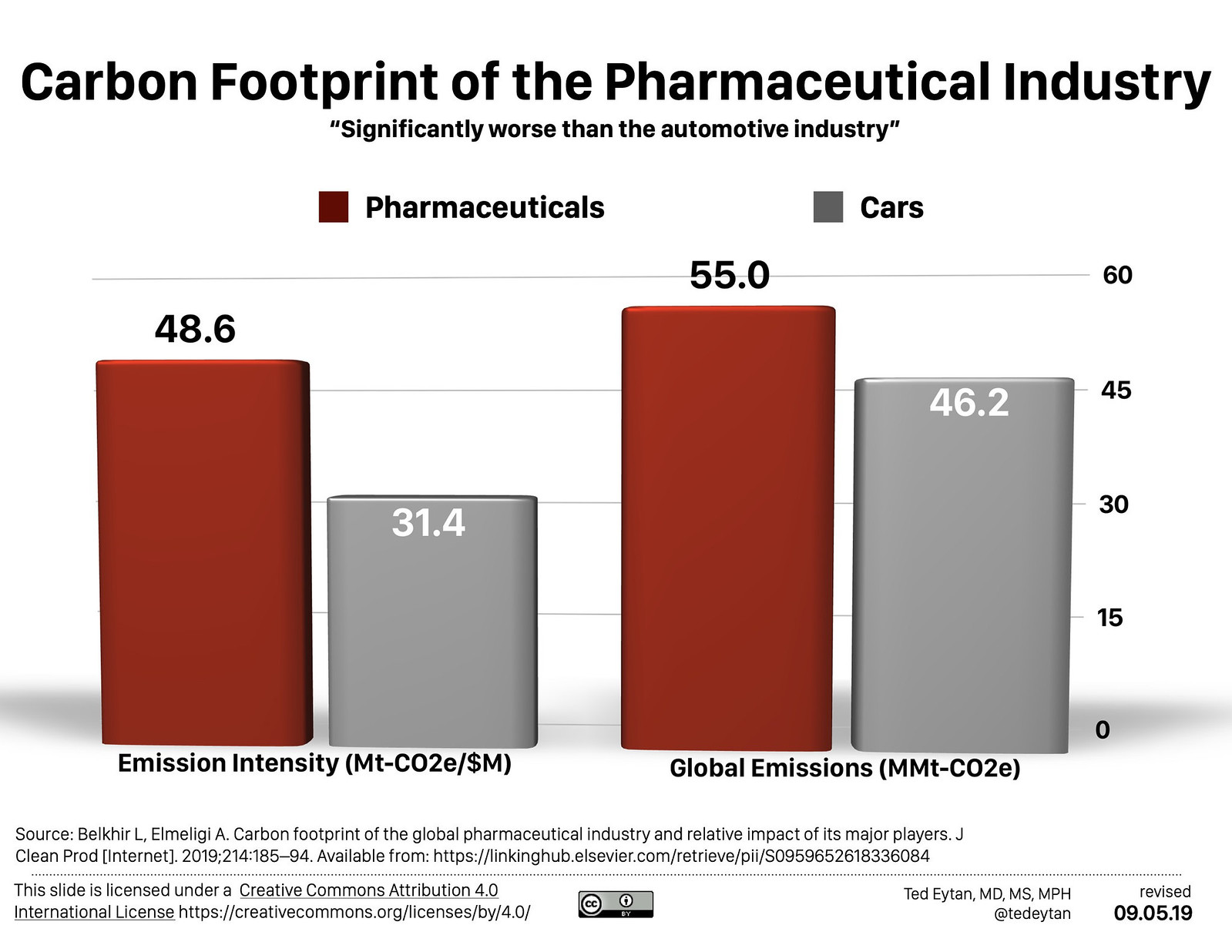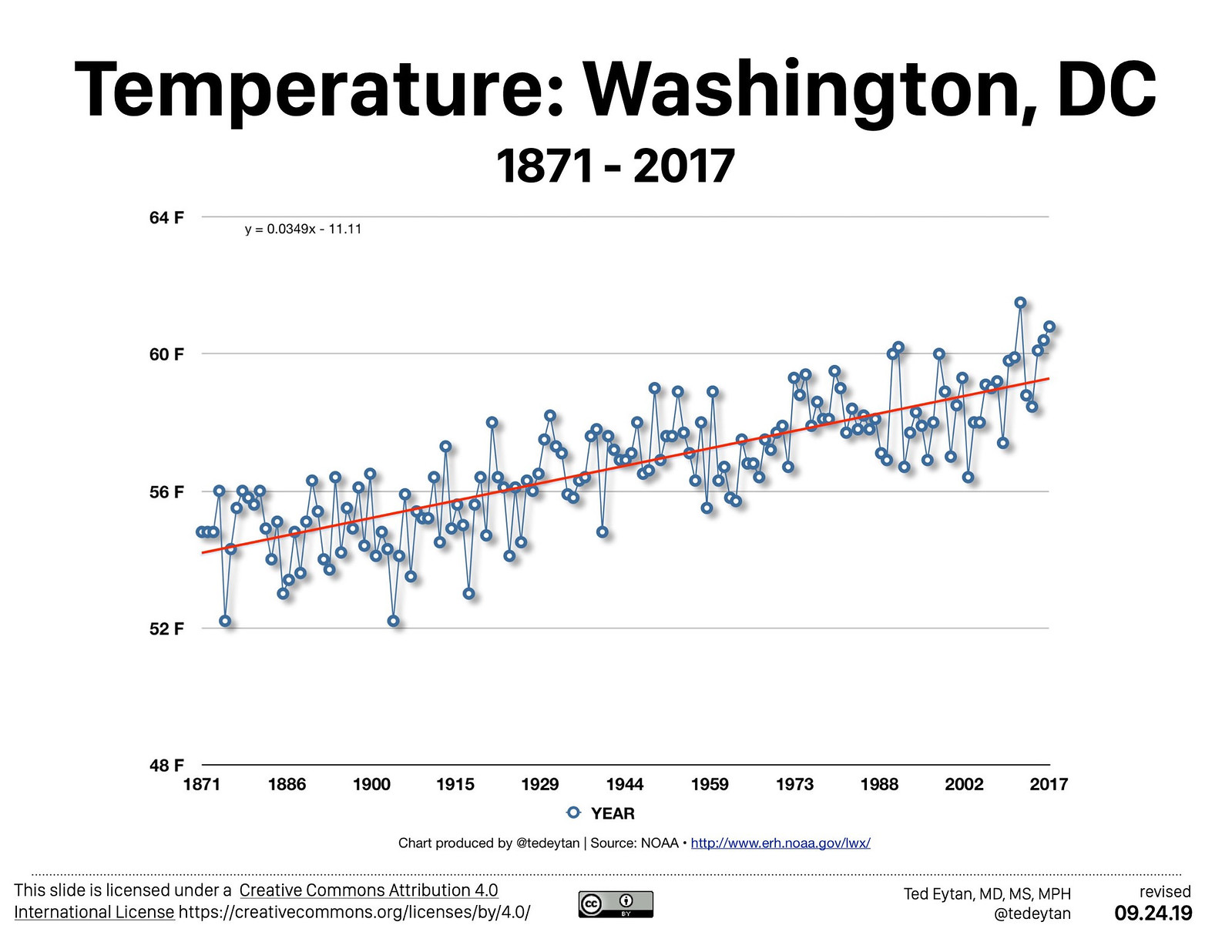
Thanks for publishing my photograph, @FastCompany, in this piece by @woolyknickers.
The photo was taken as part of this year’s Capital TransPride event (my 7th), with great respect and gratitude for the support for transgender communities by the @EatonWorkshop.For photos of that experience, see: Photo Friday: Eaton Workshop, Host for 2019 Capital TransPride, My 7th – As predicted, the future arrived
My questions about this piece:
- Helping the Amazon is exclusively linked to eating less beef in the piece, yet the organization receiving Eaton’s donation, AmazonWatch, barely mentions cattle in their mission or their work. Their target – fossil fuels.
Indeed, this greater overall concern, fossil fuel use, has been echoed in the latest research. See: Just Read: Understanding Global Methane Emissions as a Family Physician without Diabetes (and hoping to keep it that way)

- If Eaton has been sourcing its beef locally, in grass-fed, grass-finished forms (important), that’s probably the better approach. The calculations about water and energy use in beef production are related to the grain used to feed grain-fed beef. Grass-fed, grass-finished beef are not fed grain – cows are obligate herbivores and grass is their staple. Supporting regenerative agriculture makes more sense: Debunking the “Feed The World” Myth (White Oak Pastures, no endorsement implied)
-
I question the replacement of a real, unprocessed food, with an ultra-processed, genetically engineered soy product, with a far different nutrient profile than beef, especially when it comes to insulin and diabetes. See: Photo Friday: Real or Artificial Meat, NOVA Group 1 (Unprocessed), NOVA Group 4 (Ultra-processed), and the USDA Bioengineered Food Disclosure Standard

On paper, the ingredients of the artificial food replacement appear to be insulinogenic and diabetogenic, so would not be recommended for a person with metabolic disease. I haven’t yet seen a study of a person ingesting this food and checking their blood sugar. I have thought about doing this myself since I wear a continuous glucose monitor from time to time, however, I’d rather not, and other physicians have stated the same:
I don’t know if it still does, but the impossible burger also has gluten and I have celiac. Thank you on the suggestion, however carbs are too high in those mixes. It will spike my blood sugar too high and need too much insulin. I like to make my own. 😊
— Carrie Diulus, M.D., FAAOS (@cadiulus) May 21, 2019
Since that tweet was published, the formulation of the artificial meat has changed to remove gluten and replace it with genetically engineered soy.
Beyond the theoretical increase in blood sugars, the data generally shows that ultra-processed foods show evidence of metabolic harm in the short term:

Related to all of this is the carbon footprint of healthcare and pharmaceuticals. A food that increases blood sugar and increases insulin requirements puts more pressure on this global producer of CO2, more prolific than even the auto industry.

Of course I have recommendations 🙂
- I would add a whole-food plant-based version of food to the menu during this trial and not an artificial, genetically engineered one.
I would look at energy use. Is Eaton Workshop reducing its carbon footprint by investing in non-fossil-fuel sources of energy (easy to do)? I’m about to write a post on how I did this for myself and my carbon footprint. It’s far more useful if large organizations do this too.
I support and enjoy Eaton Workshop’s commitment, I’m sure there’s more to it than what’s in this article. Since my photograph was used, I am compelled to add information from my own experience. Climate change is a threat to humans, a threat to the diversity of humanity, including #LGBTQ humanity, a threat to Washington, DC, and to the world. We all have accountability to mitigate its effects.

The Amazon needs all the help it can get.
Source: Eaton DC hotel goes beef-free to help save Amazon rain forest